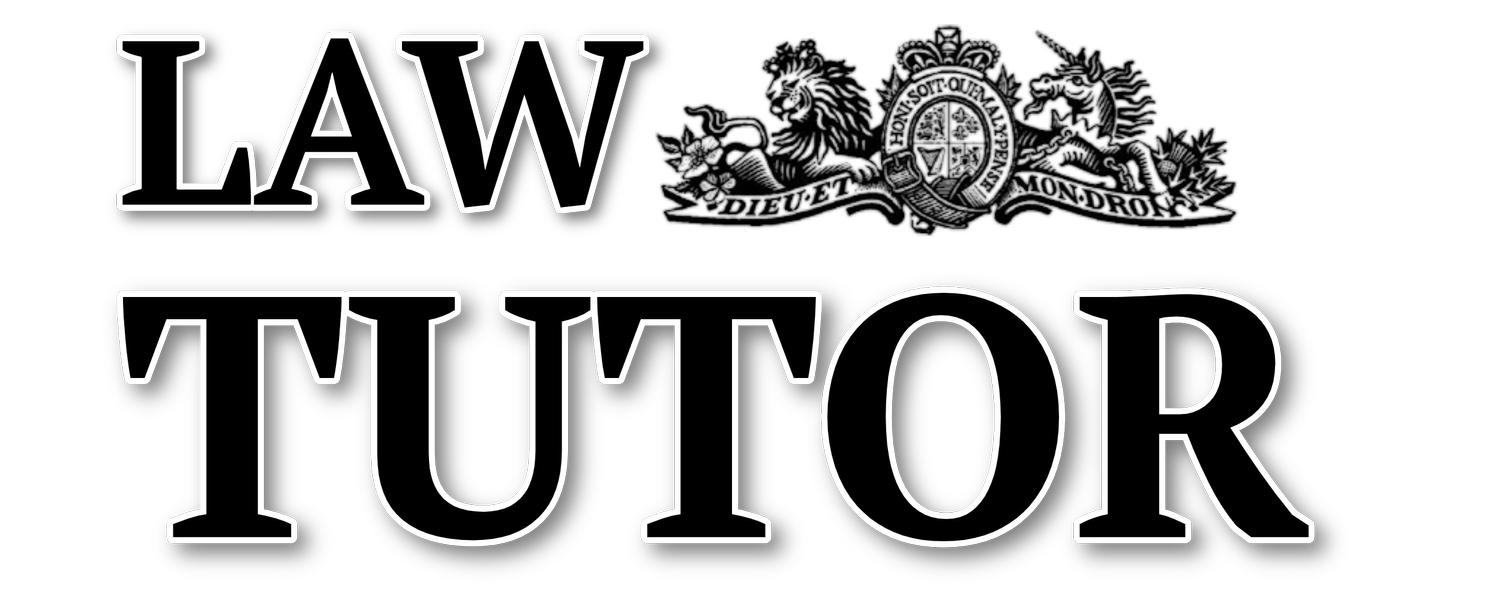Access to Justice
Access to Justice Meaning
Access to Justice means that all members of the legal system are able to utilise the resources, procedures, and institutions available throughout the legal system. In terms of the law, this means that laws should be readily available and accessible to the public. This means that those affected by the legal system have access to case-specific assistance and counsel during the trial process.
What is access to justice?
Access to justice in the UK means that every individual should have equal and fair opportunities to seek legal help for their legal issues regardless of their financial, social, or any other status. It is essentially about ensuring that the citizens have unfettered access to legal representation, legal aid, and fair trials. Access to justice in the UK covers a broad range of goals that aim to reduce inequality, promote justice, and improve legal services' quality. It also encompasses the provision of legal aid services to individuals who cannot afford the services of a lawyer.
Access to justice act 1999
The Access to Justice Act 1999 is a law that was enacted in the United Kingdom to increase the availability of legal aid and improve access to justice for citizens. Under this Act, legal aid funding is available for those who cannot afford it, such as low-income earners and those on welfare benefits. The availability of legal aid has been reduced significantly in recent years due to austerity measures, resulting in a reduction of the budget allocated to legal aid by the government. The areas where legal aid is still available include criminal law, family law, housing law, and immigration law. However, eligibility for legal aid is determined by an individual's financial situation and the merits of the case. The act also established a new legal aid system that focuses on providing funding for cases that have the greatest need, such as criminal cases and cases involving children. Additionally, the act introduced alternative dispute resolution methods, such as mediation and arbitration, as a way of settling disputes outside of court.
why is access to justice important?
Expense
People with lesser means are often unable to afford the expense of legal counsel, preventing them from having their case heard in the best possible light before the court. The availability of legal assistance is also a major obstacle to providing individuals with appropriate counsel. Where legal assistance is absent, those who prefer to self-represent in court encounter several obstacles arising from the court's complicated processes and regulations.
Delay
Principles of justice may not be upheld if the legal system is delayed. The length of time the victim's family must wait for the court's numerous pre-trial processes might be increased, as could the time an accused person is detained in custody while awaiting trial if bail is denied. Court delays might make the trial go longer overall, which could have a significant impact on everyone concerned.
cultural Diffrences
Because components of Rastafarian culture, along with those of other cultures, encourage the use of marijuana, Rastafarians may be unfairly punished by the criminal justice system. The use of cannabis is now a punishable offence. This specific segment of society could be disadvantaged as a result of a criminal legislation and an associated policy. These factors may, in time, bring about systemic injustices in the criminal justice system, such as an unequal distribution of convictions and criminal records, for example.
LAW BOOKS
A former university law lecturer and barrister is the author of the books that Law Tutor has released. The Core Series Series are an essential resource for students studying for the LLB and SQE, PGDL, GDL, CILEX Qualification Framework, and University of London LLB Curriculum examinations because they are carefully written to give a firm foundation in legal theories and principles. When studying for exams, the Q&A Series books are a great resource since they include model answer sets that let students evaluate their knowledge and skills.


